BGMEA DAILY DIGEST
News published in media related to RMG: Today’s RMG News
January 13, 2021
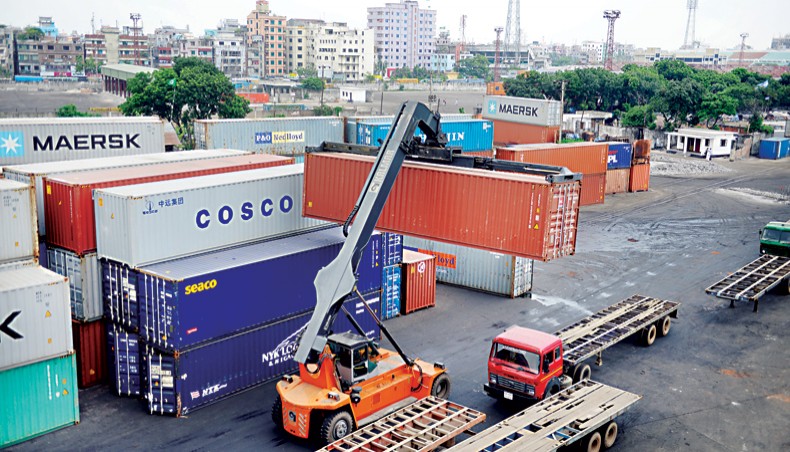
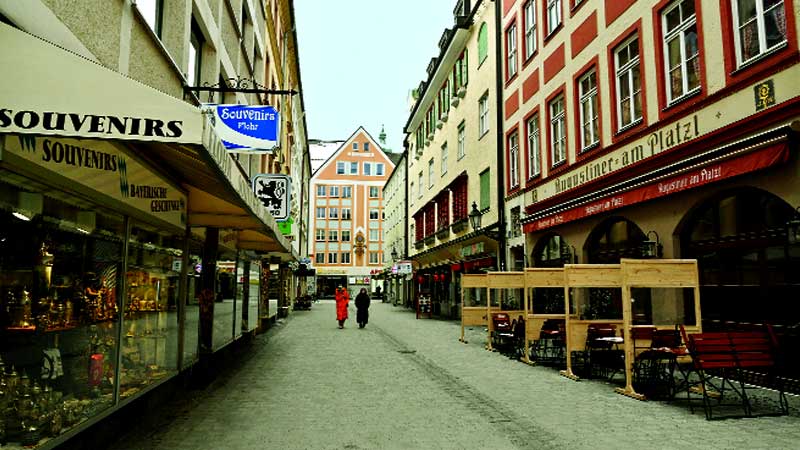
বণিকবার্তা
জার্মানিতে লকডাউনের মেয়াদ বৃদ্ধির শঙ্কায় উদ্বেগ পোশাক খাতে
করোনার দ্বিতীয় প্রবাহ মোকাবেলায় এপ্রিল পর্যন্ত লকডাউন বাড়ানোর কথা ভাবছে জার্মানি। বিষয়টিতে শঙ্কায় ফেলে দিয়েছে দেশটিতে পোশাক পণ্য সরবরাহকারী বাংলাদেশী পোশাক রফতানিকারকদের। বর্তমানে পণ্যের মজুদ বেড়ে যাওয়ার পাশাপাশি ভবিষ্যতে ক্রয়াদেশ প্রাপ্তি ও কারখানা সচল রাখা নিয়ে নতুন করে উদ্বিগ্ন হয়ে উঠেছেন তারা। দেশের শিল্প খাতের প্রতিনিধিত্বকারী সংগঠন বাংলাদেশ চেম্বার অব কমার্সের (বিসিআই) সভাপতি ও বিজিএমইএর সাবেক সভাপতি আনোয়ার উল আলম চৌধুরী পারভেজ বণিক বার্তাকে বলেন, পশ্চিমা দেশগুলোর অন্যতম বড় রফতানি গন্তব্য জার্মানি। এদেশে পণ্য রফতানি হওয়ার পর পার্শ্ববর্তী দেশগুলোতেও যায়। ভবিষ্যৎ ক্রয়াদেশ এখন আরো অনিশ্চিত হয়ে পড়ছে। সেক্ষেত্রে কারখানা মালিকদের জন্য উৎপাদন বন্ধ রাখা ছাড়া আর কোনো উপায় থাকবে না।
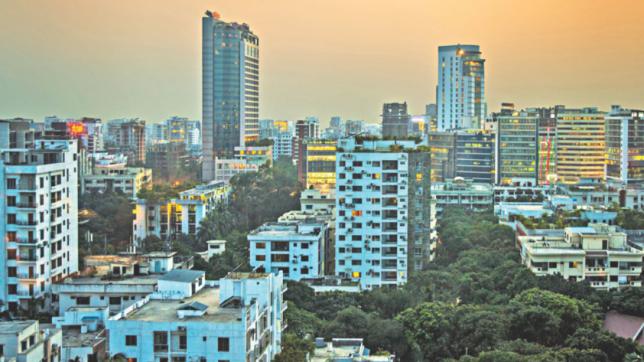
The Daily Star
Bangladesh makes strong case for LDC graduation
Bangladesh is set to meet the LDC graduation criteria for the consecutive second time and will be recommended for graduation during the upcoming triennial review of the Committee for Development Policy (CDP) of the United Nations next month. The country has called on the international community for the continuation of support measures for an extended period to make the upcoming graduation smooth and sustainable, according to a statement. Bangladesh has made the call during a session of the ongoing expert group meeting of the CDP yesterday as part of the preparation of the upcoming triennial review meeting.

প্রথম আলো
করোনায় বড়দের ব্যবসা কমেছে, ব্যতিক্রম ১১
বিদায়ী বছরের প্রথম ১১ মাসে শীর্ষ সাত রপ্তানিকারক দেশের মধ্যে শুধু কম্বোডিয়ার রপ্তানি বেড়েছে। এছাড়া আরও ১০ দেশের রপ্তানি বেড়েছে। করোনায় বিপর্যস্ত যুক্তরাষ্ট্রে তৈরি পোশাকের ব্যবসা প্রায় চার ভাগের এক ভাগ, অর্থাৎ ২৪ শতাংশ কমে গেছে। সেই ধাক্কায় অধিকাংশ রপ্তানিকারক দেশই ব্যবসা হারিয়েছে। তবে স্রোতের বিপরীতে ১১টি দেশ ভালো করেছে। তাদের রপ্তানি বেড়েছে। যুক্তরাষ্ট্রে শীর্ষ সাত পোশাক রপ্তানিকারক দেশের মধ্যে কেবল কম্বোডিয়ার রপ্তানি বেড়েছে পৌনে ৫ শতাংশ। বাকি ৬ দেশের রপ্তানি কমেছে ৬ থেকে ৪০ শতাংশ পর্যন্ত। এর মধ্যে বাংলাদেশের রপ্তানি কমেছে ১১ দশমিক ৬০ শতাংশ।
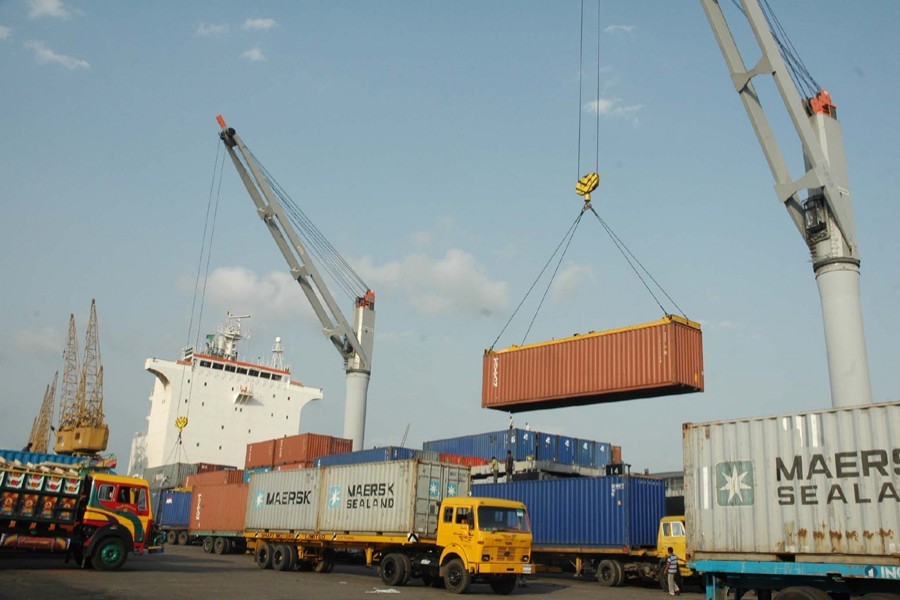
The Financial Express
Deadlock over container handling
The complications created over the apparel exporters' refusal to use the privately-operated Inland Container Depots (ICDs) warrant prompt addressing. It involves the interests of two important private sector business operators. The present situation has arisen after the Chittagong Port Authority (CPA)'s recent move to ease container congestion at the port through diverting the work of handling imported RMG consignments through the ICDs. The CPA has also submitted a proposal to the NBR to this effect. But complaining that the ICDs are charging higher fees as well as taking more time than the CPA to release their goods, the RMG sector's apex body BGMEA has sent a letter to the NBR requesting it to allow apparel exporters to use Ctg port to get their imported consignments cleared.
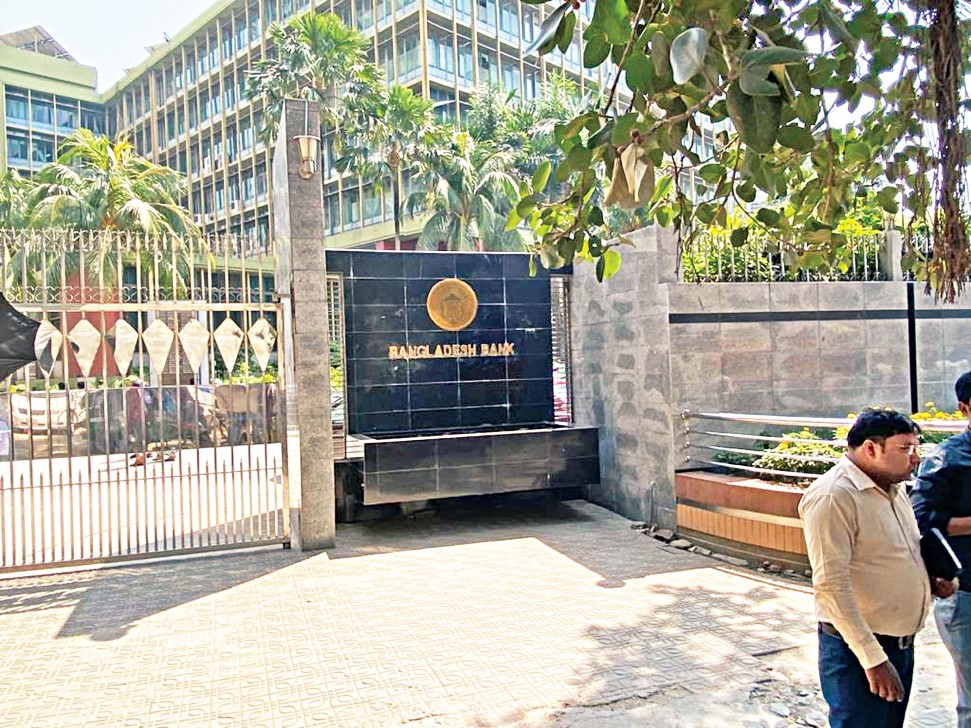
The Daily Star
Stimulus Funds: BB steps in as banks charge higher interest
The central bank yesterday asked banks not to impose more than 4.5 per cent interest rate on the funds disbursed from the stimulus package for the large borrowers in the industrial and service sectors. Some banks had imposed 9 per cent interest rate on the borrowers just after they gave out the loans under the package worth Tk 40,000 crore in violation of a central bank instruction, the Bangladesh Bank said in a notice.
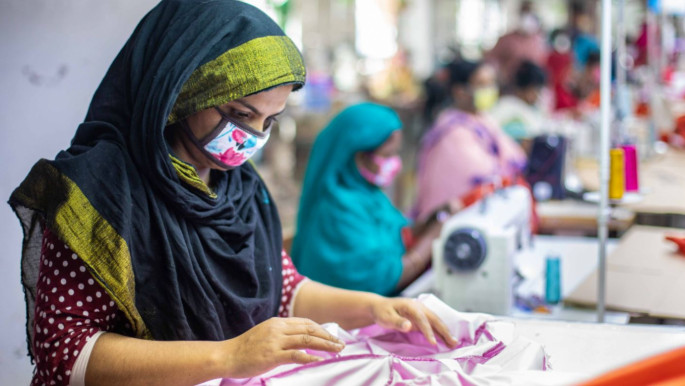
The Business Standard
Knitwear makers demand 2.5-fold increase in wastage rate
RMG factory owners have written to the commerce ministry demanding a 2.5-fold increase in the export-oriented knitwear industry's wastage rate. Their argument is that the wastage rate has increased in the production of high-cost knitwear items. The current wastage rate is 16%, and factory owners have demanded that it be raised to 40%. BGMEA and BKMEA wrote the letter on 7 January.

The Business Standard
Banks’ green, sustainable financing schemes widened
On top of the current targets for green banking, the Bangladesh Bank has set new plans for bank loan disbursements in financing green and sustainable projects. The central bank's Sustainable Finance Department (FSD) issued a circular for banks in this regard Tuesday. According to the circular, at least 2% of the previous year's net outstanding loans and advances, excluding bank employee credits and defaulted loans, will have to be set for environment-friendly projects for the New Year. This rate will be 15% for sustainable financing. Banks have been asked to notify the central bank FSD about the targets within the last working day of January each year
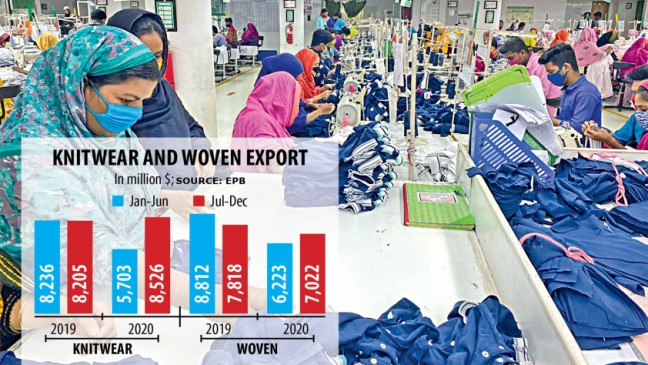
The Daily Star
Longer home stays raise use of casual wear: Bring cheer to local knitwear exporters
People limiting movements to their homes for social distancing needs apparently proved a boon for local knitwear manufacturers, as their shipments have fared relatively well in 2020 on the back of increased demand globally. Knitwear shipments, which dropped 31 per cent year-on-year to $5.7 billion in the January-June period, scored a rebound in the year's second half. In figures, this was nearly a 4 per cent year-on-year growth to $8.52 million, out of the total $15.54 billion garnered from garments, shows data from the Export Promotion Bureau (EPB). On the other hand, export earnings from woven continues to linger in the negative, slumping 29 per cent year-on-year in the first half and 10.22 per cent in the second when it fetched $7.01 billion.
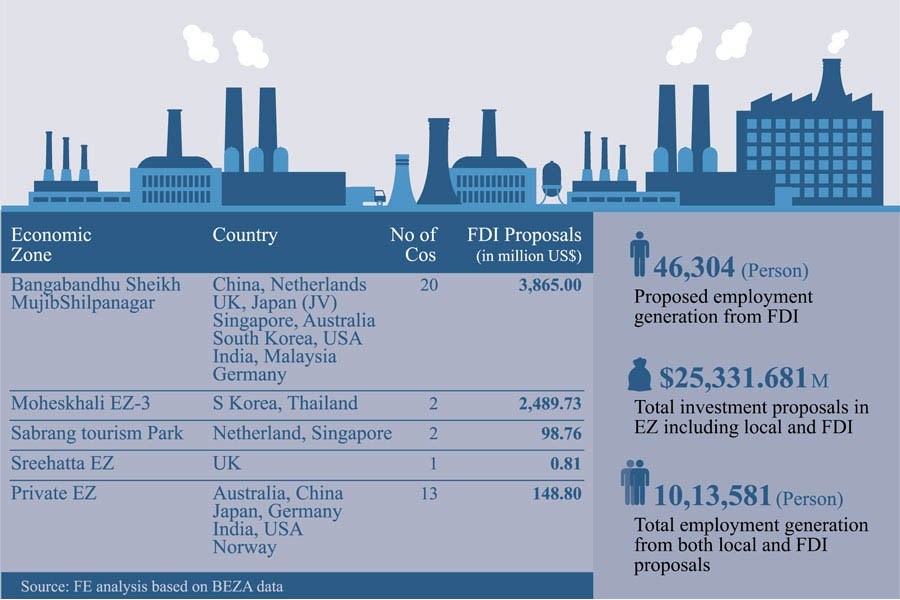
The Financial Express
China top investor in EZs: Investment incompatible with environmental goal
China is top foreign investor in the country's economic zones (EZ) as the number of its formal proposals outstrips 13 other nations. Between fiscal year 2018 and December of 2020, China grabbed more than one-third of the proposals made in the zones, according to the data of the Bangladesh Economic Zones Authority (BEZA). Economists said the US-China trade conflicts are forcing Chinese manufacturers to relocate their production facilitates to alternative locations and Bangladeshi zones will be able to attract those investors. In FY 2019, China was the largest source of FDI in Bangladesh.